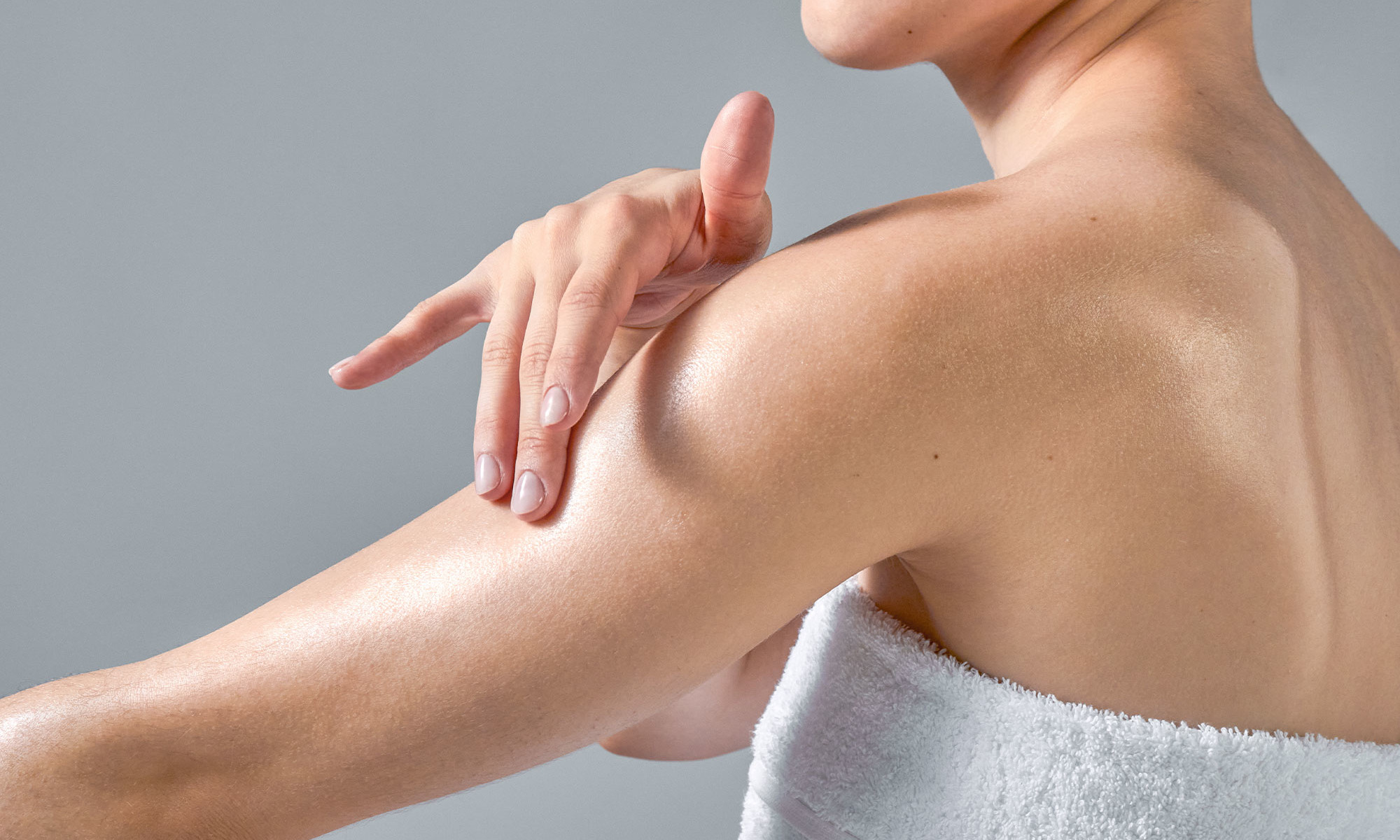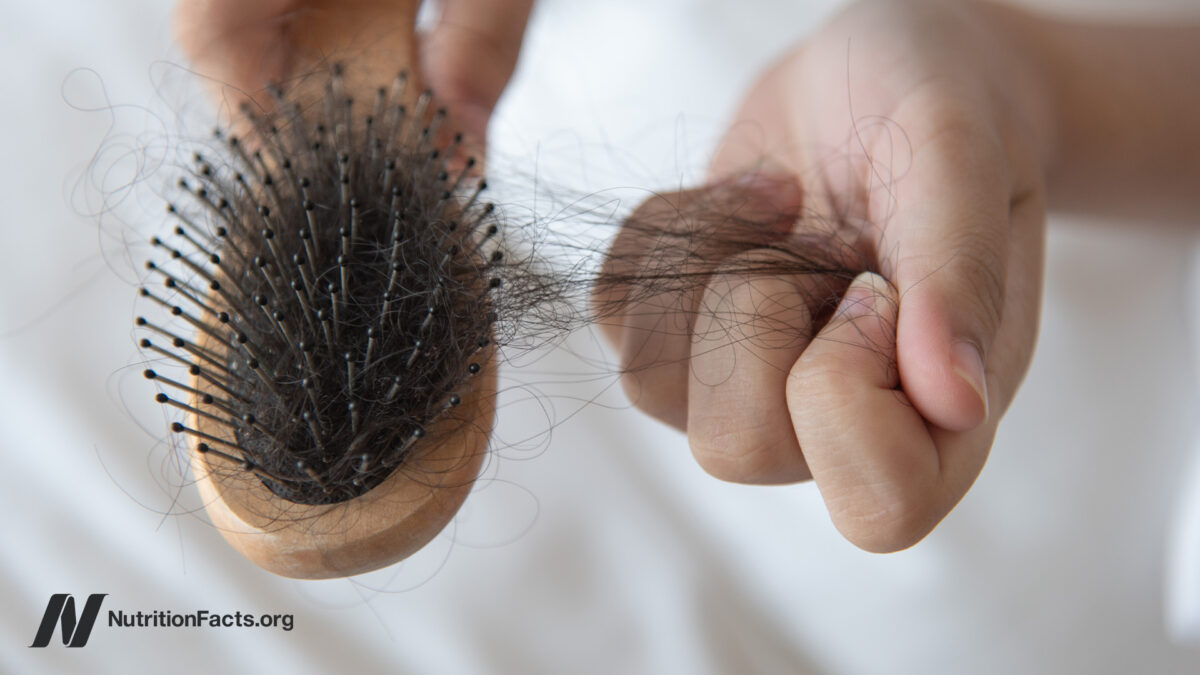5 Ayurvedic Oils This Expert Loves For Younger-Looking Skin
Be sure to tune into the episode to learn more.


mbg Beauty Director
mbg Beauty Director
Alexandra Engler is the beauty director at mindbodygreen and host of the beauty podcast Clean Beauty School. Previously, she's held beauty roles at Harper's Bazaar, Marie Claire, SELF, and Cosmopolitan; her byline has appeared in Esquire, Sports Illustrated, and Allure.com.
April 4, 2023 You really can’t boil down ayurvedic teachings into simple, prescriptive points. The ethos of the teachings is about how complex, nuanced, and multifaceted our bodies are—and thus, how we take care of them is, ultimately, equally intricate. This is also the case of ayurvedic skin care. “In the West, there are celebrated one-size-fits-all ingredients. With Ayurveda, there’s an emphasis on exploring what works for you. Ayurveda is a deeply personal science that celebrates your individuality,” says ayurvedic beauty expert Shrankhla Holecek, founder of Uma Oils. In this episode of Clean Beauty School, we get into the many layers of Holecek’s journey, ayurvedic beauty philosophies, and how to help balance doshas with daily skin care habits. 
Advertisement
This ad is displayed using third party content and we do not control its accessibility features.
And while we do get into a lot of advice, it’s impossible to cover it all. Here, a small snapshot of what we discussed—her favorite facial oils. Be sure to tune into the episode to learn more. While ayurveda is indeed about personalization, some skin care ingredients tend to be more universally tolerated than others. One such example? Pomegranate oil. “It’s a lovely universal skin care oil,” she says. In particular, it’s great for those with easily irritated skin. “I find that people with aggravated skin—those who struggle with rosacea, for example—are nervous about oils. But pomegranate oil is well accepted by all skin types. It’s an oil that can help repair and heal aggregated skin.” For those struggling with acne (which might be those with Kapha imbalances), finding a good oil that is able to help balance the skin is a challenge. But Holecek loves grapeseed oil. “Grapeseed oil has lots of omegas, especially linoleic acid. Studies show that those with acne prone skin, the body doesn’t make enough linoleic acid1, which breaks up sebum consistency,” she says. “So their sebum tends to be thicker naturally. That’s why it traps in more dirt and skin buildup, leading to acne down the line.” This ad is displayed using third party content and we do not control its accessibility features. This beloved oil is widely used as it very closely mimics our skin’s own natural sebum, Holecek notes. “I love jojoba oil because it mirrors the texture of the skin, so it really rejuvenates the skin easier and is easier for it to accept,” she says. “It also doesn't trigger overproduction of oil, if you’re more Vata.” For those dealing with things like fine lines, sagging, and other signs of aging skin, rosehip oil is full of nutrients to help support mature skin. “It’s really wonderful for signs of aging, like thinness of the skin, dryness and so on,” she says, noting that it is technically more comedogenic. “It’s more suitable for Vata skin types because they're less likely to breakout from it.” This ad is displayed using third party content and we do not control its accessibility features. While not as common of a recommendation for Holecek, she loves it for those with skin conditions that may leave your skin dry and barrier disrupted. Most notably: Eczema. “l love avocado oil in very specific instances, such as if you're slightly more eczema prone. That's an oil that can help you,” she says. This ad is displayed using third party content and we do not control its accessibility features.Advertisement
Advertisement
Advertisement

 Tfoso
Tfoso 
























.jpg&h=630&w=1200&q=100&v=f776164e2b&c=1)







